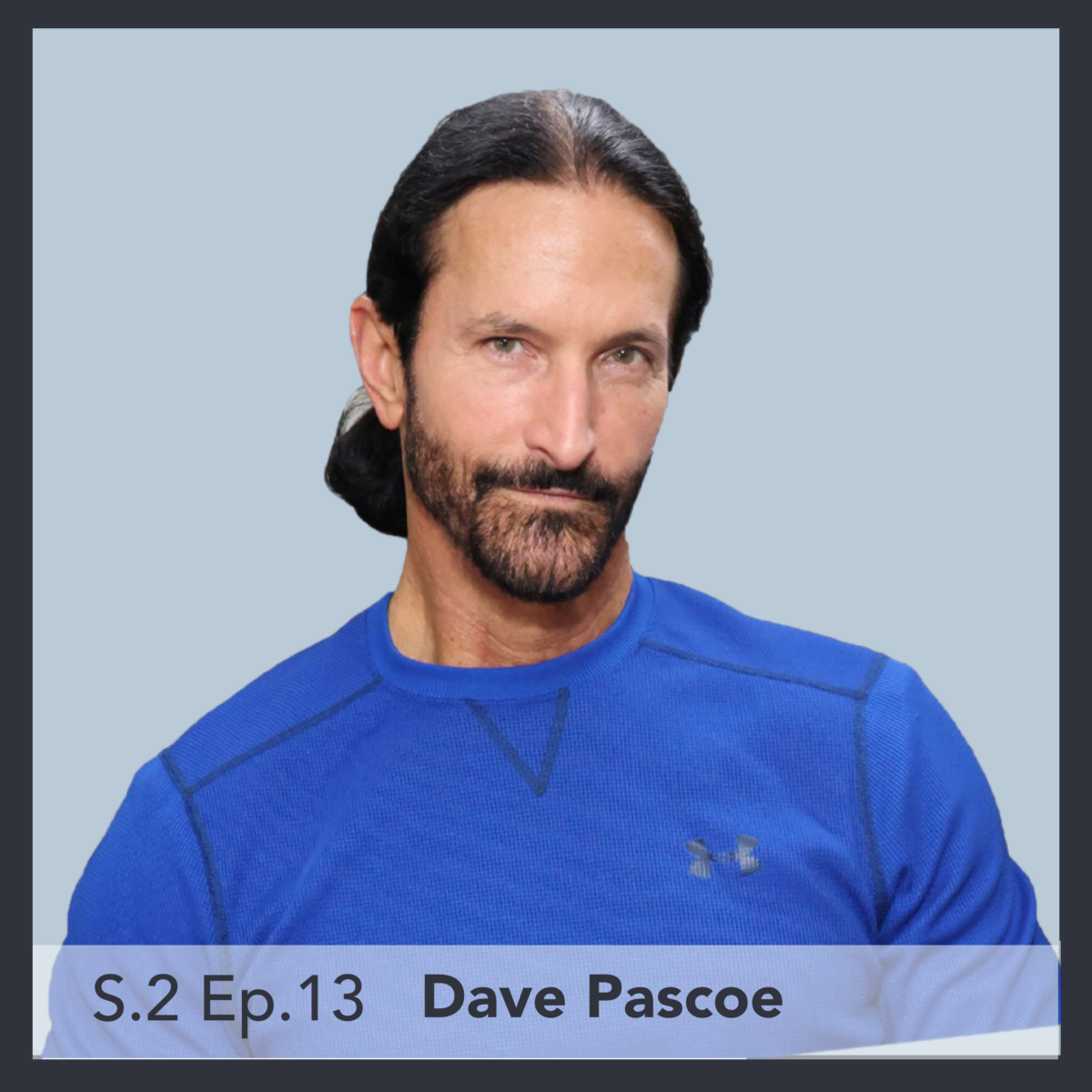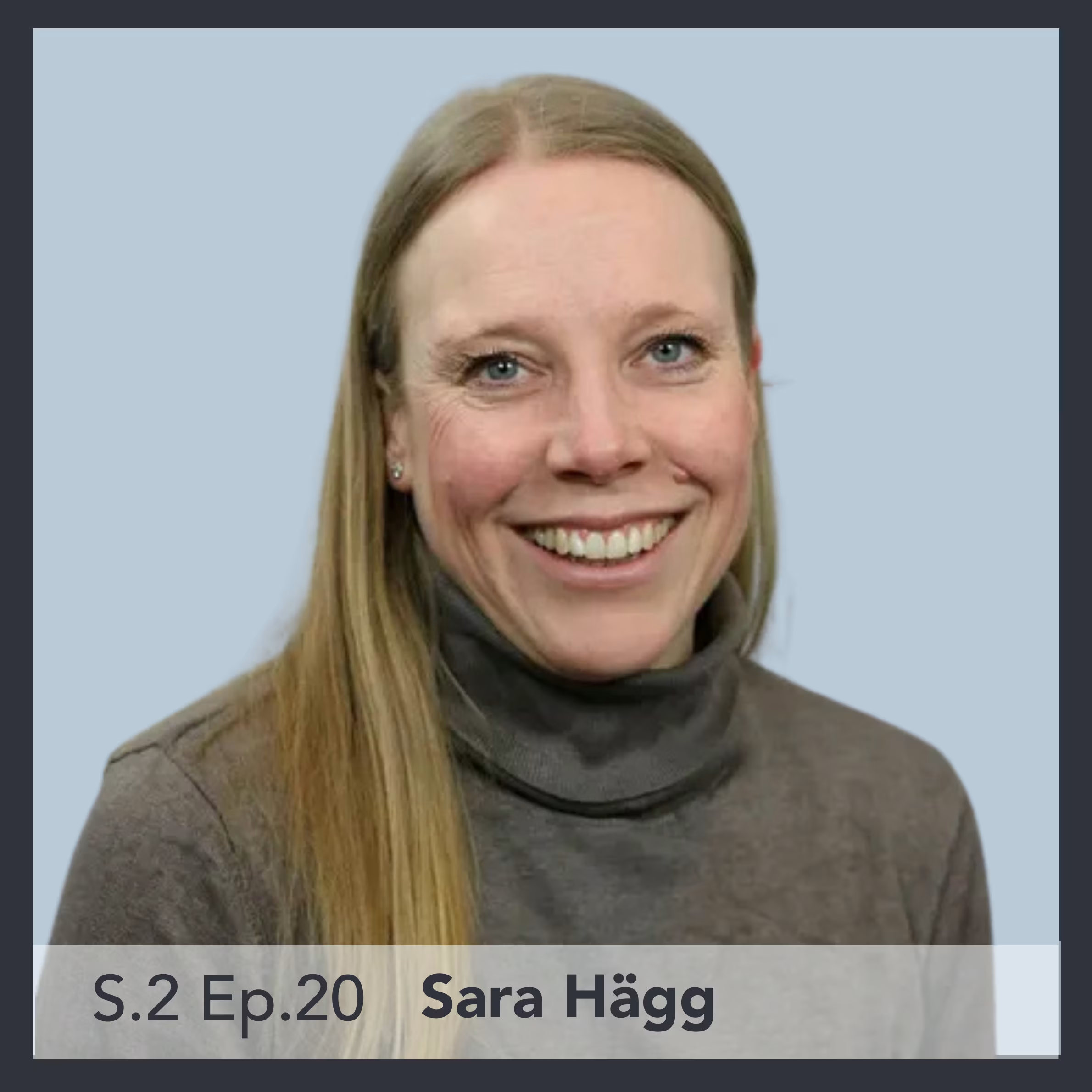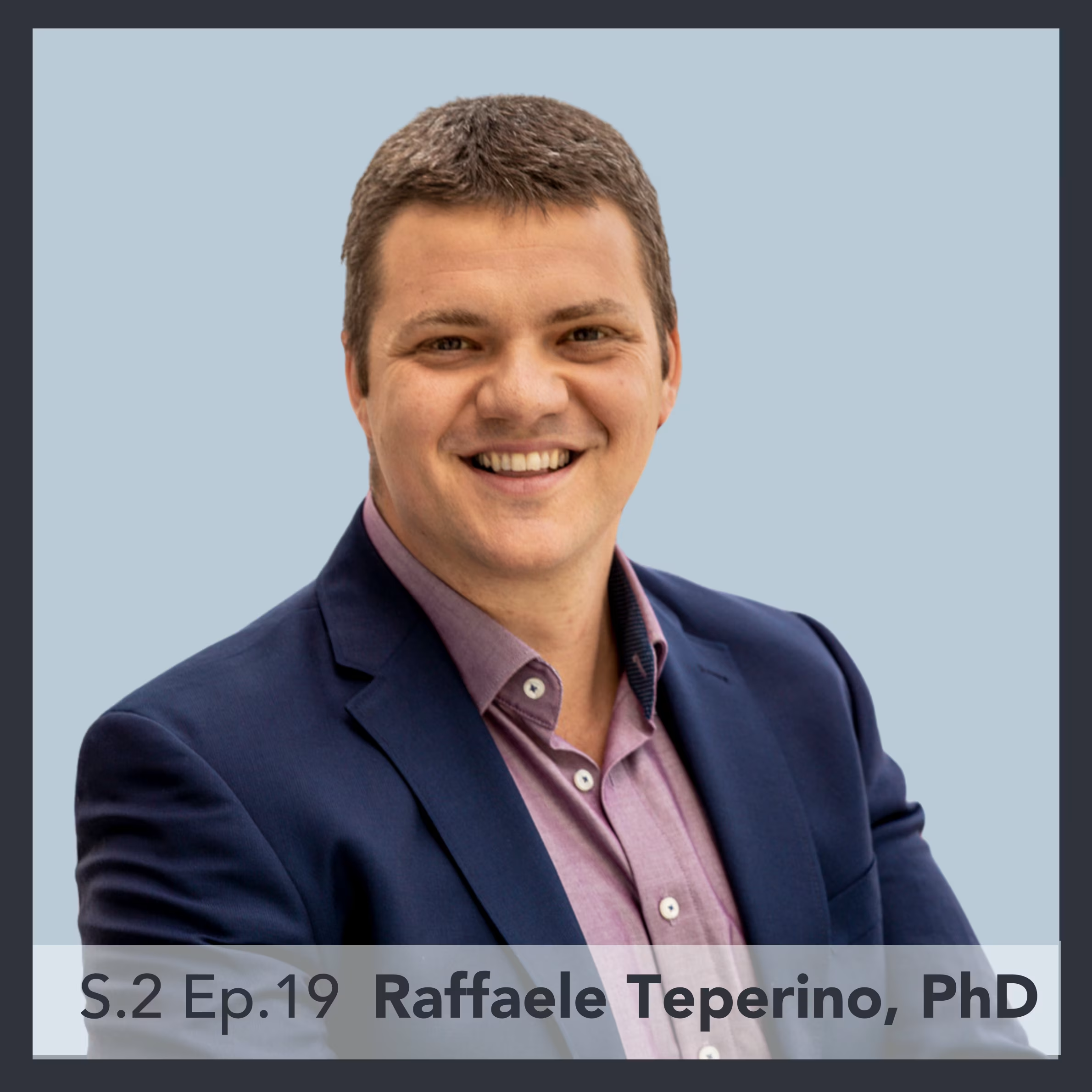In this episode of Everything Epigenetics, host Hannah Went sits down with Dave Pascoe, a retired network security architect who’s redefining the way we think about aging. Despite being 62, Dave has been able to have a lower “biological age” and slow pace of aging, a testament to his dedication to health optimization, epigenetics, and biological tuning. Known for ranking among the top contenders in the Rejuvenation Olympics leaderboard, Dave’s journey offers invaluable insights into affordable and effective longevity practices.
In this podcast you’ll learn about:
– Dave’s routines and habits for maintaining youthful epigenetic markers
– The Rejuvenation Olympics: what it is and how Dave has made his mark
– How personalized routines and lifestyle changes can slow down aging




